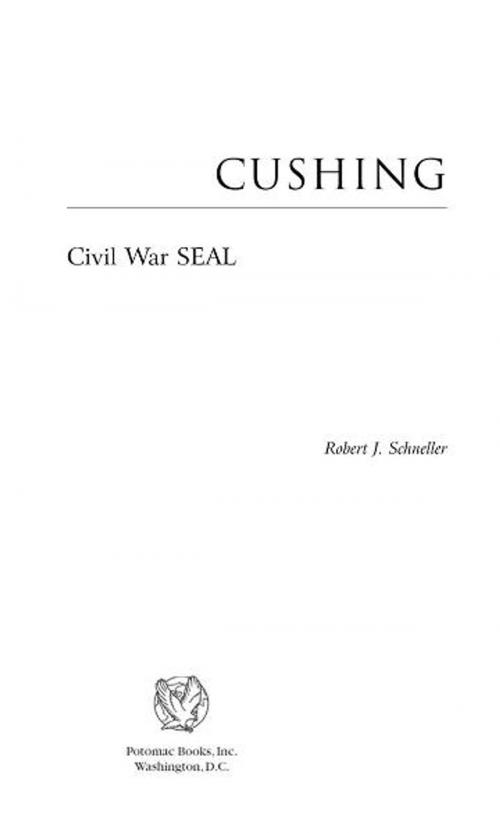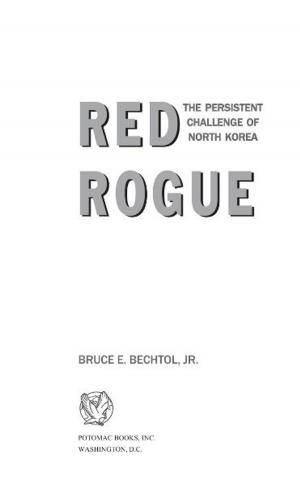Cushing
Nonfiction, History, Americas, United States, Civil War Period (1850-1877), Biography & Memoir, Historical| Author: | Robert J. Schneller | ISBN: | 9781612340517 |
| Publisher: | Potomac Books Inc. | Publication: | November 30, 2003 |
| Imprint: | Potomac Books Inc. | Language: | English |
| Author: | Robert J. Schneller |
| ISBN: | 9781612340517 |
| Publisher: | Potomac Books Inc. |
| Publication: | November 30, 2003 |
| Imprint: | Potomac Books Inc. |
| Language: | English |
Dismissed from the U.S. Naval Academy in early 1861, William Barker Cushing nonetheless emerged from the Civil War as one of the NavyÆs greatest heroes. Cushing transformed his reputation from a rabblerouser into a living legend, because he embodied the special qualities that the Navy demands of the men in whom it entrusts its most hazardous and secret tasks: a readiness to volunteer for dangerous assignments, an unflagging devotion to duty, and more than a fair share of good fortune. As Robert J. Schneller observes, He was patriotic, aggressive, tough, and recklessly bold. Before embarking on his most daring mission-his celebrated destruction of the Confederate ironclad Albemarle-he bragged that he would come out victorious or ætoes up.Æ By the end of the war he had amassed four commendations from the Navy Department and the thanks of Congress and President Lincoln. All this for a man, Schneller writes, who was only twenty-two years old when Lee surrendered at Appomattox. Employing his customary readable and entertaining style, Schneller focuses on CushingÆs naval career and those aspects of his personality that affected it.
Dismissed from the U.S. Naval Academy in early 1861, William Barker Cushing nonetheless emerged from the Civil War as one of the NavyÆs greatest heroes. Cushing transformed his reputation from a rabblerouser into a living legend, because he embodied the special qualities that the Navy demands of the men in whom it entrusts its most hazardous and secret tasks: a readiness to volunteer for dangerous assignments, an unflagging devotion to duty, and more than a fair share of good fortune. As Robert J. Schneller observes, He was patriotic, aggressive, tough, and recklessly bold. Before embarking on his most daring mission-his celebrated destruction of the Confederate ironclad Albemarle-he bragged that he would come out victorious or ætoes up.Æ By the end of the war he had amassed four commendations from the Navy Department and the thanks of Congress and President Lincoln. All this for a man, Schneller writes, who was only twenty-two years old when Lee surrendered at Appomattox. Employing his customary readable and entertaining style, Schneller focuses on CushingÆs naval career and those aspects of his personality that affected it.















